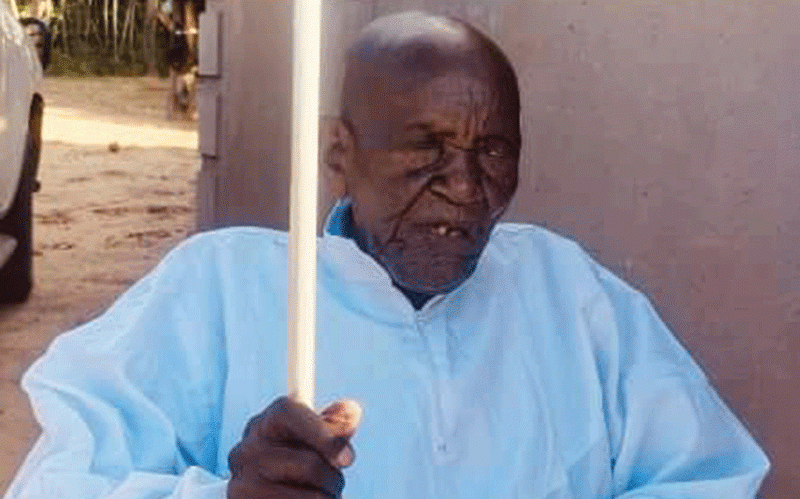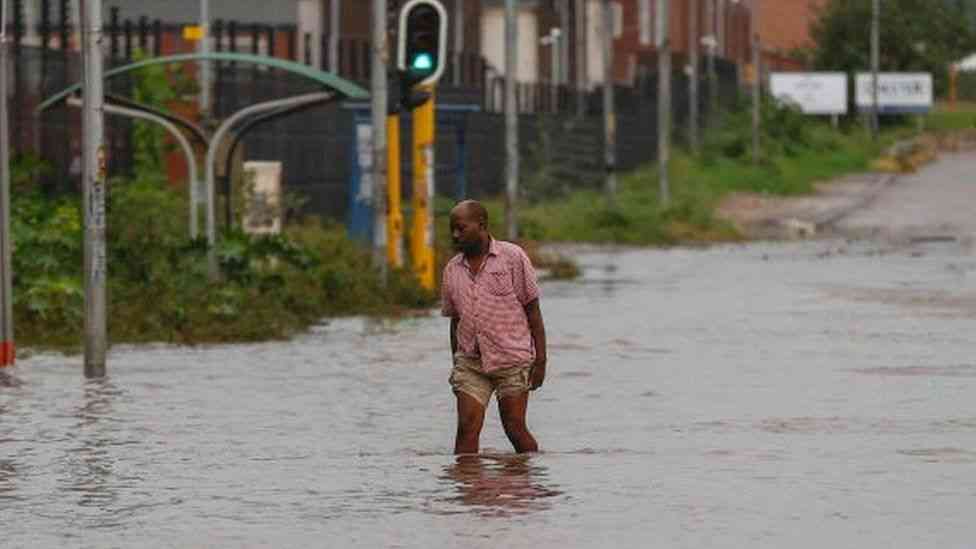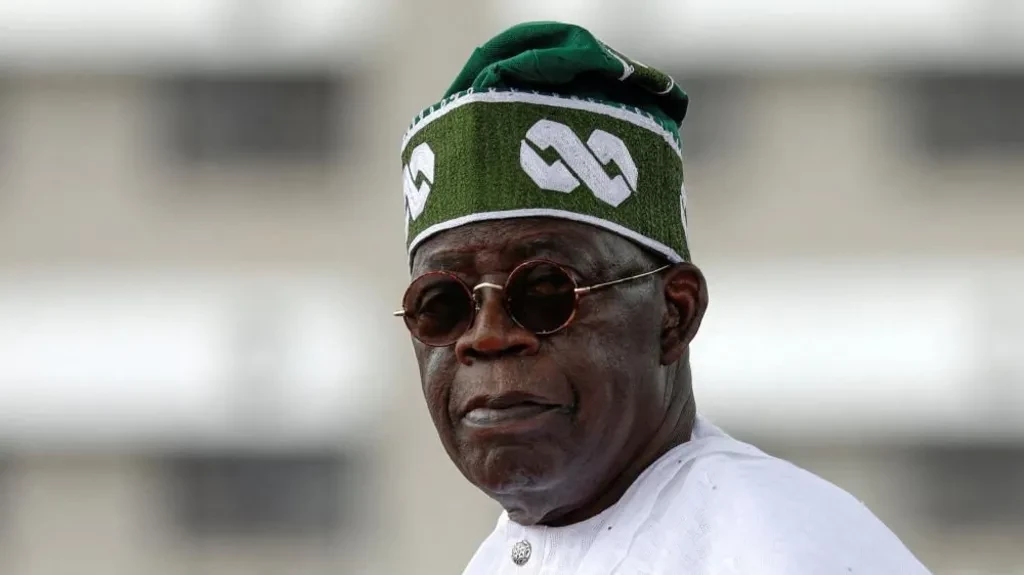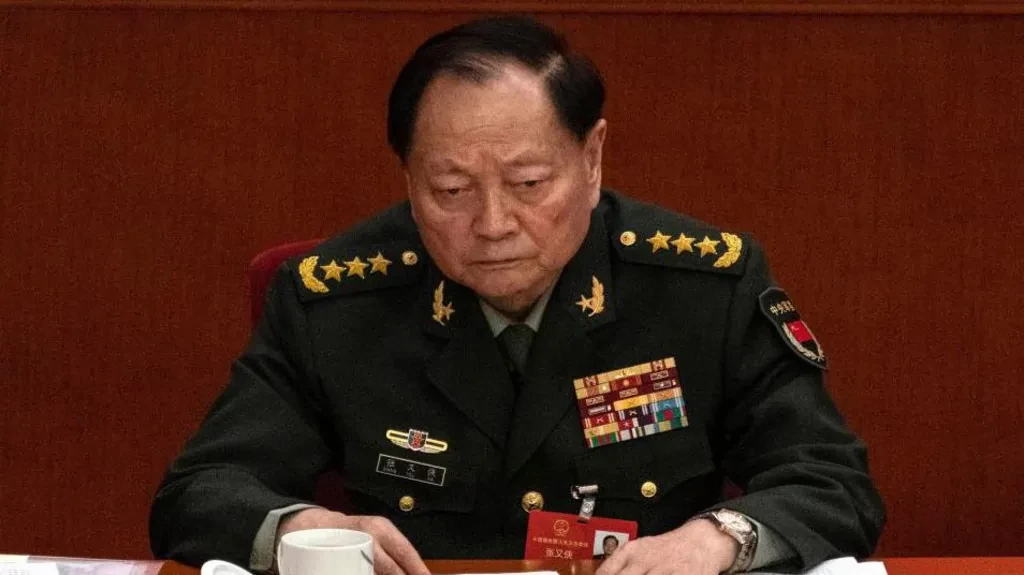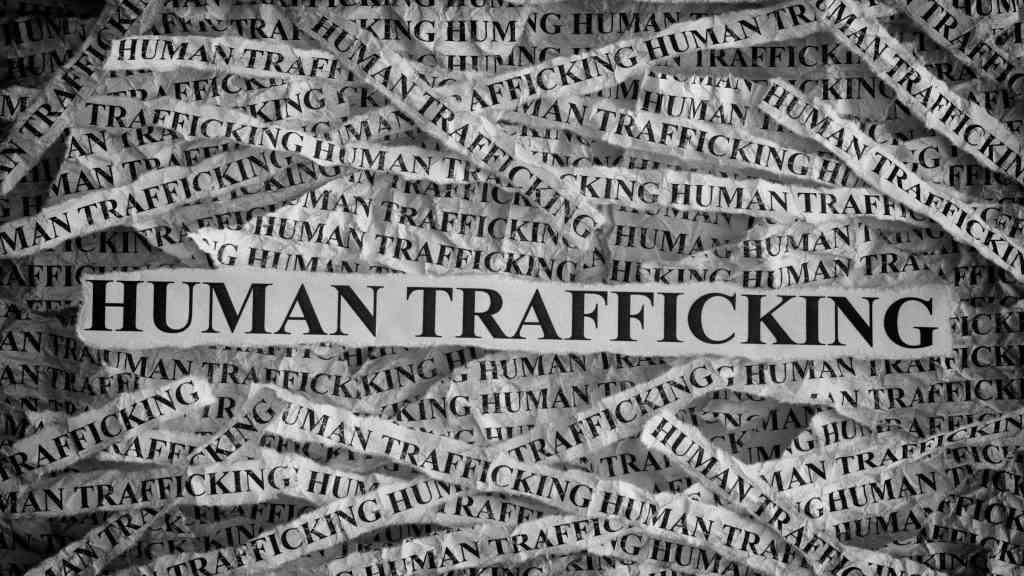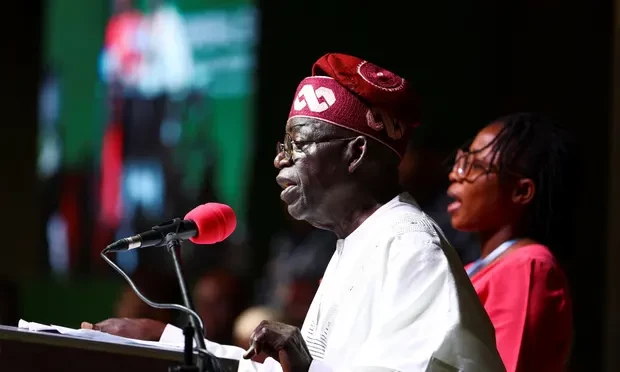
Nigeria’s president-elect, Bola Tinubu, has reached out to opposition parties and those disappointed by his victory in the weekend election, promising that “renewed hope has dawned” in Africa’s most populous nation.
Tinubu, the candidate for the ruling All Progressives Congress (APC) party, was on Wednesday declared winner, after defeating two of his closest rivals in the most competitive election for decades.
The chaotic count lasted almost four days and prompted fierce criticism as well as allegations of rigging from opposition parties who promised legal action to overturn the result.
In a series of speeches, Tinubu sought to deflect attention from the problems with the election and avert post-poll violence.
“I take this opportunity to appeal to my fellow contestants to let us team up together,” the 70-year-old veteran said in a speech broadcast live on television. “It is the only nation we have. It is one country and we must build together.”
Some hours later, Tinubu addressed those who did not vote for him directly.
“I understand your hurt. To you, I extend the embrace and comfort of a family member. This great project called Nigeria beckons to us all. It is bigger and more important than any partisan divide,” Tinubu, who won with just 37% of votes cast, said.
Though Tinubu’s victory appears to reinforce the APC’s grip on power, the count showed that reformist candidate Peter Obi overcame a lack of resources and weak organisation to make big gains.
- Chamisa under fire over US$120K donation
- Mavhunga puts DeMbare into Chibuku quarterfinals
- Pension funds bet on Cabora Bassa oilfields
- Councils defy govt fire tender directive
Keep Reading
Obi won 6.1m votes, surprised many by winning in both Lagos, Nigeria’s biggest city and commercial powerhouse, and the federal capital, Abuja.
The main opposition challenger, Atiku Abubakar of the People’s Democratic Party won 29% with almost 7m votes.
Tinubu has long been known as a “political godfather” with immense and invisible influence. After emigrating to the US, where he drove a taxi to fund studies in business administration, Tinubu worked as a management consultant. He returned to Nigeria and became involved in politics in the 1990s during the last years of the military regime.
When democracy returned in 1999, Tinubu won elections to become governor of Lagos, where he is credited with a crackdown on organised crime and tackling the city’s appalling traffic. Tinubu, who is extremely wealthy, also established extensive patronage networks that have underpinned his political power ever since, experts say. His support for outgoing Muhammadu Buhari was critical.
Tinubu’s campaign slogan – “It’s my turn” – was seized on by critics as evidence of a sense of entitlement. Opponents also said appearances where Tinubu slurred his words suggested health problems. His exact age is contested.
However, within a day of the polls closing, APC officials and ministerial aides were privately expressing confidence in victory.
Observers have contrasted Tinubu with Obi, an energetic and frugal 62-year-old businessman, who reached across the country’s faultlines to woo voters from all communities and ran a slick social media campaign to attract young people.
“It is a shame. We want accountability and good policies, not the same again for many more years,” said Ruth Kehinde, a 30-year-old waitress in Lagos’s Victoria Island.
With Buhari stepping down, many Nigerians hoped Saturday’s vote would open the way to a leader able to tackle insecurity, ease economic malaise and manage poverty in their west African state. However, a low turnout of about 30% may have hurt Obi’s chances.
The voting was mostly peaceful, but was troubled by long delays at many polling stations, while technical hitches disrupted the uploading of results to a central website.
On Tuesday, Nigeria’s main opposition parties called for the country’s presidential election to be scrapped, alleging that results showing the ruling party’s candidate in the lead had been manipulated.
Election officials said the results had been fully authenticated and government loyalists accused the opposition of fomenting “lawlessness and anarchy”.
International observers have also criticised Saturday’s vote, which was largely peaceful despite expectations of widespread chaos and violence. A team of observers led by Joyce Banda, the former president of Malawi, said delays on voting day, which led to many polling stations opening hours late, meant the election “fell well short of Nigerian citizens’ reasonable expectations”.
An EU mission said the failures “reduced trust in the process and challenged the right to vote”.
The president-elect’s supporters pointed to Tinubu’s power base of Lagos to rebut allegations of vote rigging.
Yiaga Africa, a coalition of civil society groups, called the elections a “missed opportunity” and called for a major overhaul of electoral authorities.
“Factors like serious logistical and technological shortcomings, noncompliance with electoral guidelines, lack of transparency, and manipulation of election results undermine public confidence in … the overall outcome of the elections,” Yiaga Africa said in a statement on Wednesday.
In recent weeks, a botched effort to replace almost all Nigeria’s banknotes – in part to reduce the widespread practice of vote-buying – has caused massive economic disruption and much anger.
Despite often pessimistic forecasts, analysts point out that seven elections have been held in succession in Nigeria and say some Nigerian democratic institutions are growing stronger. That none of the main candidates in 2023 were former military officers – a first for a Nigerian poll – is also viewed as an achievement.

